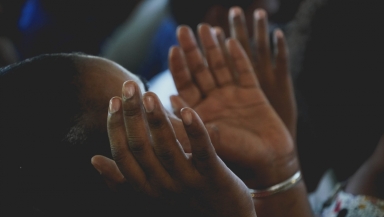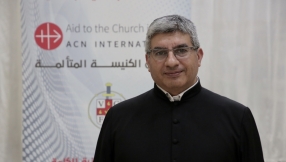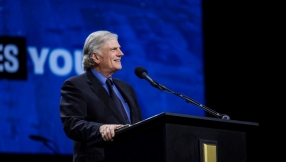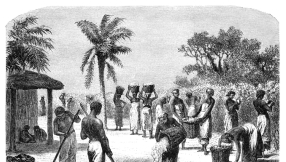
Catholic leaders in Europe have urged the President of the European Commission, Ursula von der Leyen, to prioritise the appointment of a Special Envoy for Freedom of Religion or Belief outside the EU.
Baron Frans van Daele previously served in the role, but his mandate ended in December last year, leaving the position vacant since then.
In May, von der Leyen praised the work of van Daele, particularly in helping religious minorities in the Middle East and Pakistan. She said at the time that she realised the importance of the role and was committed to filling it.
A similar call for a new special envoy to be announced was made in August by members of the European Parliament (MEPs), who welcomed von der Leyen’s commitment but criticised the apparent lack of action.
Bert-Jan Ruissen, Co-Chair of the European Parliament’s Intergroup on Freedom of Religion, Belief and Conscience, said at the time, “We welcome President von der Leyen’s commitment, but what we need now is concrete action.
"The longer this post remains vacant, the more the EU’s credibility suffers in its efforts to stand up for freedom of belief.”
The latest friendly reminder to appoint a special envoy as soon as possible comes from the Commission of the Bishops’ Conferences of the European Union (COMECE).
In a letter to von der Leyen, the group said, “As Catholic Bishops we witness with growing dismay the discrimination and persecution faced by individuals, religious minorities, and communities of faith – the majority of whom are Christians - who are targeted for their beliefs.”
COMECE said that the special envoy role, established in 2016, had provided an important voice to persecuted communities and enhanced the EU’s ability to monitor and react to persecution against religious minorities.
They added, “We are deeply concerned that this vital position has remained vacant for an extended period, sending a worrying signal to persecuted communities worldwide and to those who violate religious freedom with impunity.
"It suggests a diminished prioritization of this fundamental right within EU foreign policy at precisely the moment when such advocacy is most urgently needed.”













